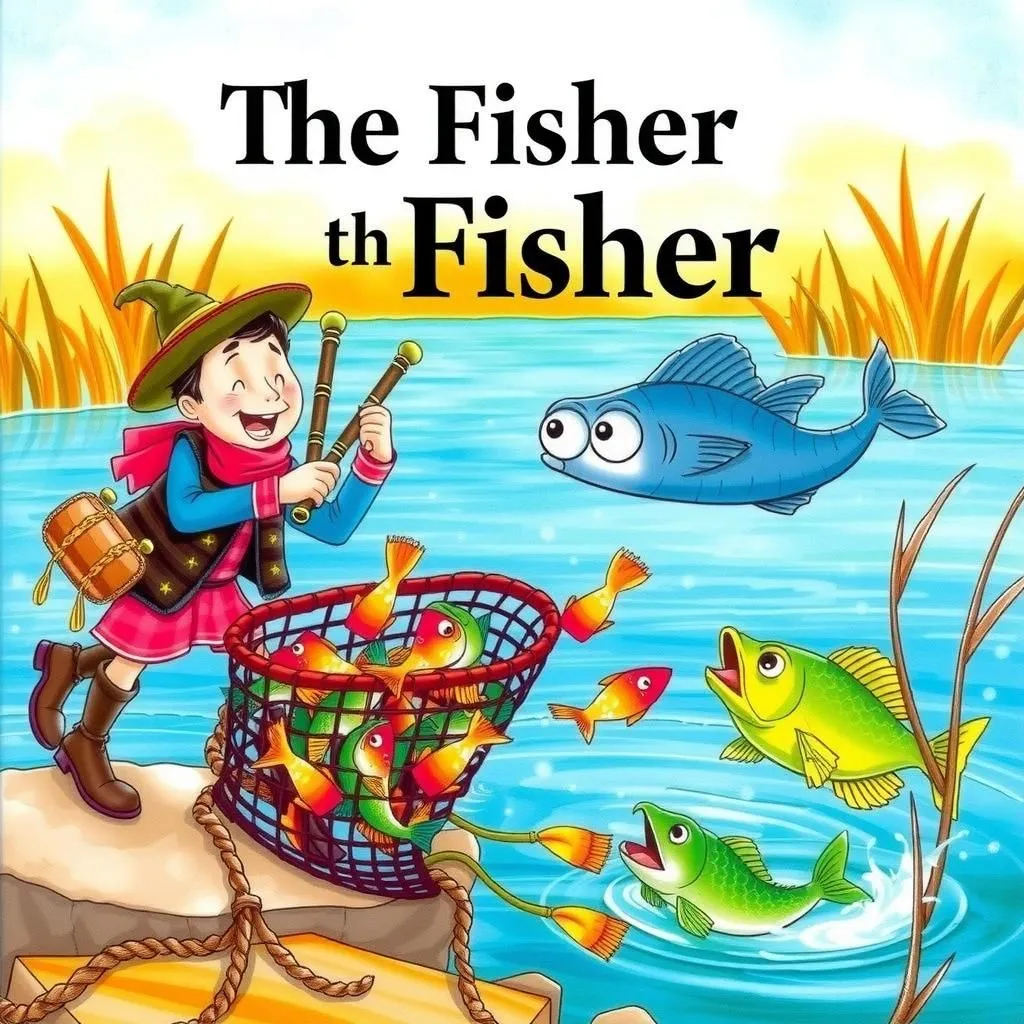
The Fisher and the Little Fish
In this classic moral story, a Fisher catches a small fish that begs for its release, promising to grow larger for a future meal. However, the Fisher values the certainty of the small catch over the uncertain potential of a bigger one later, illustrating the lesson that it is better to appreciate what you have than to risk it for something uncertain. This easy small story with moral emphasizes the wisdom found in concise moral stories and the valuable lessons they impart.


